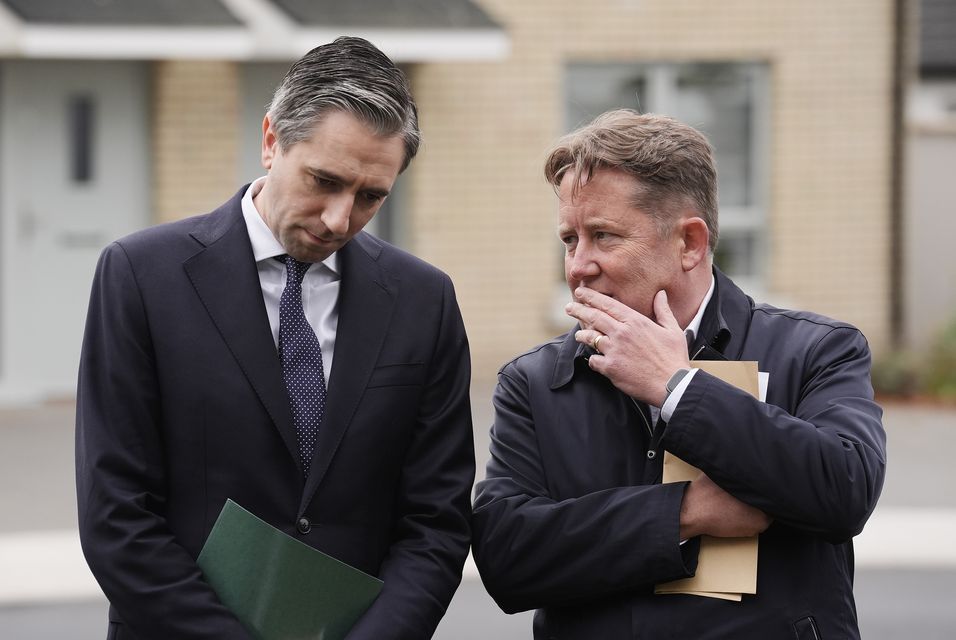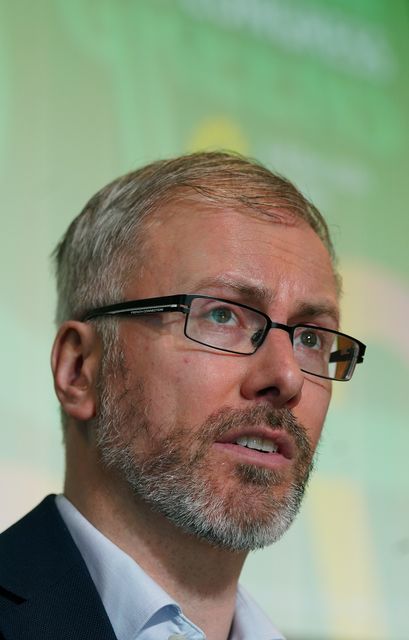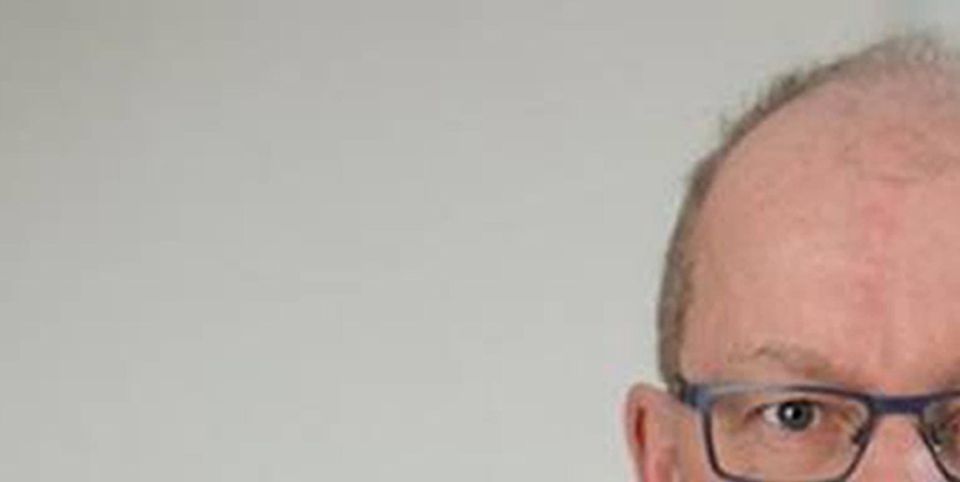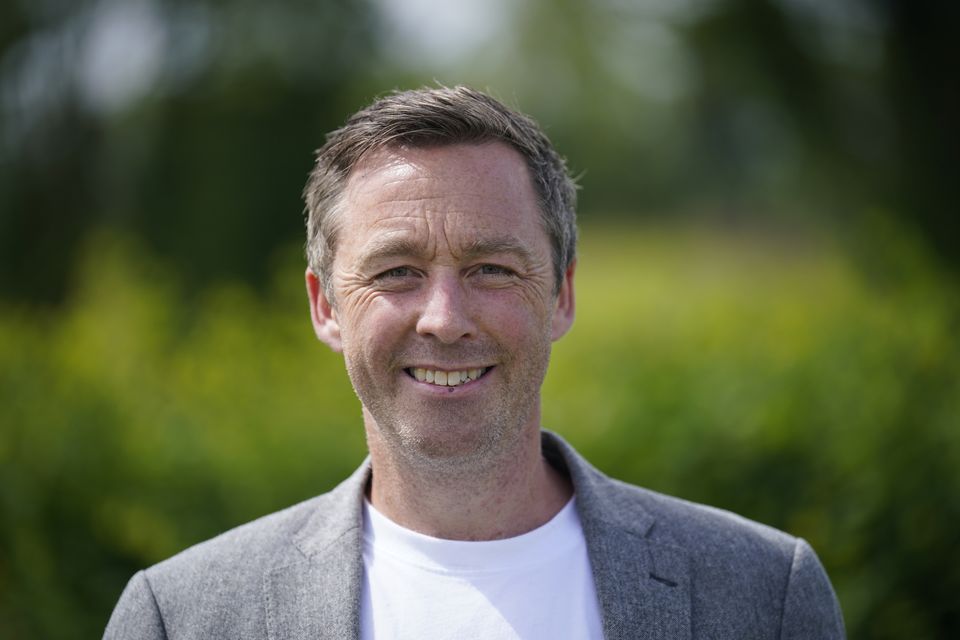More than 55,000 new homes, including 15,000 social homes, are needed each year to address homelessness, advocacy groups have said.
The Irish Homeless Policy Group has expressed concern over the “absence of concrete proposals” in political manifestos to address homelessness, as parties and independents meet for government formation talks after the general election.
On Tuesday, it said 10 key actions are required in any programme for government to achieve long-term solutions.
The group, which includes homelessness charities and groups like the Irish Refugee Council, said “credible policies and tangible goals” are needed.
Emma Byrne, chairwoman of the group and policy officer with Focus Ireland, said: “We believe ending homelessness is achievable and we believe a collaborative approach, which brings together organisations on the front lines along with local authorities, state agencies and strong cabinet support, will be the best approach.”
Mike Allen, Focus Ireland’s director of advocacy, said the group is “hopeful” the next government will take action on homelessness.
Asked if Focus was hopeful about a change of housing minister, Mr Allen said: “We will work with whoever the minister is, we’re more concerned that the policies are changed rather than the minister would change.”
The portfolio is currently held by Fianna Fail’s Darragh O’Brien.
Taoiseach Simon Harris and Minister for Housing Darragh O’Brien (Brian Lawless/PA)
Nick Henderson, chief executive of the Irish Refugee Council, said it is almost two years since the Department of Integration said it could no longer accommodate every male international protection applicant arriving in the country, in breach of the government’s legal obligations.
The state has failed to house thousands of international protection applicants, with 3,141 men currently without an official offer of accommodation.
Mr Henderson expressed concern for “extremely vulnerable” asylum seekers who are without an offer of official accommodation.
Last week, official statistics showed that the number of people accessing emergency accommodation had risen above 15,000 for the first time since records began.
The Department of Housing’s official figures indicate that 15,199 people accessed emergency accommodation in November, comprising 4,658 children and 2,168 families.
However, the numbers exclude those sleeping rough, refugees in direct provision centres, people in domestic violence shelters, and those sleeping in cars or on couches.
The homelessness policy group has called for increased transparency around access to emergency accommodation and homelessness services.
Outgoing integration minister Roderic O’Gorman (Brian Lawless/PA)
Adam Boyle, solicitor with the Mercy Law Resource Centre, said there was a “deeply concerning and increasing trend” of individuals and families not being assessed as homeless by local authorities.
He said this was leading more people into hidden homelessness, making the official statistics unreliable.
The policy documents ask government to work towards a goal of 20% of housing being social and cost rental, in line with the recommendations of the Housing Commission Report, to meet the exiting housing deficit and future demand.
It also asks for a 2030 goal of making sure no one is homeless for more than six months by dedicating 10% of new social housing supply to existing long-term homeless households.
Mr Allen warrned that without a scheme prioritising such people, the next government will “continue to fail homelessness even if it succeeds on housing”.
He added: “That will have huge political, social and economic consequences.”
Mike Allen (Focus Ireland/PA)
The key actions also ask for the prioritisation of homelessness prevention measures, ensuring nobody has to sleep rough regardless of their legal status, and improvements for mental health services for the homeless.
It also calls for a private rental strategy setting out a clear vision for the role the sector can play in the wider housing landscape.
Social Democrats TD Rory Hearne asked for the panel’s view on comments by Taoiseach Simon Harris, who said in September that emergency accommodation figures were heavily impacted by international protection applicants.
Mr Henderson said the remarks were “clumsy at best” and “extremely problematic” at worst.
He warned there is a need to be “very, very careful” about connecting a steady increase in homelessness with asylum seekers.
Social Democrats TD Rory Hearne (Niall Carson/PA)
Mr Harris later clarified that his comments related to exits from direct provision being cited as the largest reason for presentations to homelessness services in Dublin in July.
Mr Allen said there was a “long-running tradition” of people saying homelessness is caused by people experiencing homelessness.
“It is very damaging in endless number of ways as well as being untrue.”
Mr Henderson also highlighted comments in December from outgoing integration minister Roderic O’Gorman, who said his department was accommodating 6,000 homeless people who had a legal right to be in Ireland as refugees, arguing there would be less pressure on the international protection accommodation system if local authorities housed those people.
He said the comments by Mr O’Gorman were “too late”.



